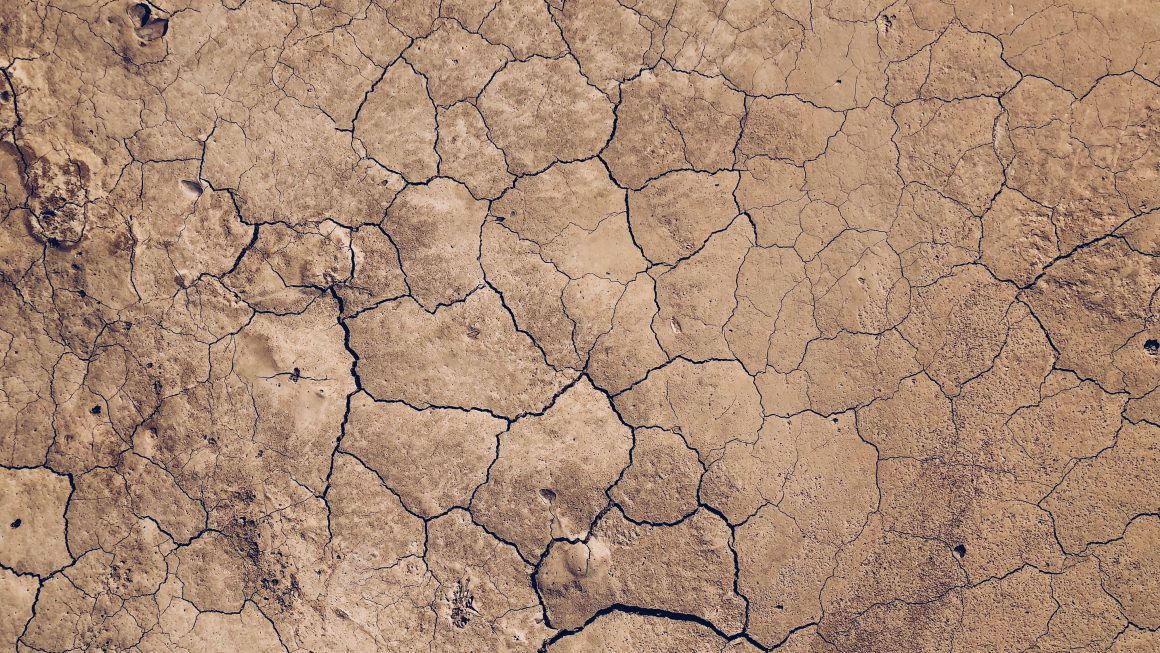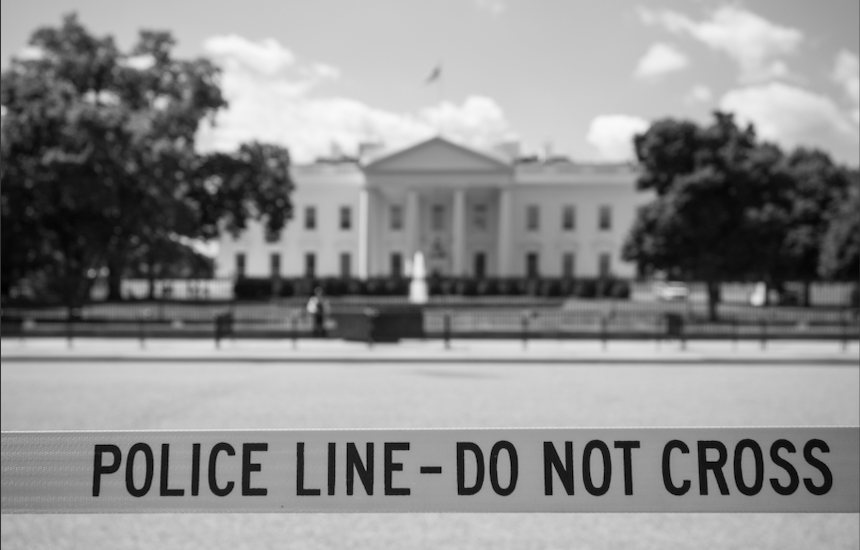This is the fourth in a series of posts about Serial 2, a podcast focused on the war in Afghanistan. It centered around Bowe Bergdahl, and I wrote responses to the podcast for my first semester International Relations major-required course, Introduction to World Politics. We learned about the international state system, and challenges to international politics today.
In the fourth episode of Serial 2, Bowe’s treatment by the Taliban is contrasted with that of David Rohde, an American journalist. After last episode, where Bowe’s attempts to escape during the first year are documented, The Captors focuses on how he is treated and held for the following four years.
From this episode, I learned that the Taliban and the Haqqani network held David Rohde, a civilian and journalist with knowledge of Pakistan and Afghanistan, along with his driver and his translator, and who later escaped after seven months, just before the Taliban captured Bowe, who was held for five years. I learned that they treated the two differently, Rohde with more leniency, and ability to see his surroundings, and Bowe in the final four years caged. I also learned that the Taliban and the Haqqanis have a working relationship, which was surprising to me. I thought previously that terrorist networks operated outside of states, and both state and terrorist entities would try to avoid each other, or that states would want to prohibit such organizations. Pakistan has fought counter-terrorism, but the military has some understanding with them nevertheless, given their relationship to India, who is their biggest threat and how they operate in Afghanistan. It seems that lot of the relationships between groups and states anywhere based on balancing power, of mitigating risk and potential threats.
The Taliban, at least the Haqqanis, originated from a family, and the system of houses that held Rohde exchanged housing him for money or connection or a trade are closely connected in the hierarchy of fighters, if not related. I learned that their temporary goals were to evade drone strikes, by keeping kidnappees in densely populated areas where there were children nearby, and it was children who brought food to the prisoners. In the long term, Rohde’s reporting and book made him more valuable in exchange for money, which I think makes the acquisition of more goods, money, perhaps a trade deal for imprisoned Taliban, and leverage for the long-term goal for the terrorists, which is spreading their message.
One interaction in particular that struck me was the old man who lectured the younger guards about the prisoners. Rohde’s was being excluded from being close to the guards because of how dirty he was, because of the conditions of his confinement, but an older man told the younger ones that Rohde’s was not dirty. It showed to me the divides of Islam, the chasms between the “deluded” strict interpretation, that Rhodes describes of the younger men, but also that not everyone in Afghanistan or Pakistan or anywhere practices one interpretation.
Another interesting cultural detail is how hierarchical the network is, and perhaps the culture. Their elder who talks about his understanding of the Islamic religion and culture is listened to by the younger men, even if they do not agree. The Haqqanis listen to the higher up in Pakistan who tells them to keep a hold on Bergdahl, even when he appears to be less and less valuable to the U.S. Army, and more forgotten. And the older man who cooks for Bowe brings him things he might need, and tries to understand him. It seems like the Taliban share food and religion which binds them together, even through differences of opinion like the older man, and that even though Bowe was tortured and caged, there were one or two instances where it was not just endless boredom and fear and deprivation. It is strange sympathy and vehement hatred all bound up together.
From this episode, I learned that the War on Terror is difficult to end in the efficient way Americans may want it to because every military action and drone strike taken affects someone, may reopen an old wound or open a new one. And on the American side, the help we feel we are giving is not help to the Taliban or perhaps local populations at all. So what can you do to overcome an impasse? Should it even be attempted to overcome it? I think radicalization will not be simply eradicated or suppressed, in fact in several cases, after it seems to fall away it comes back again. From the episode, I learned that the War on Terror changes with every new outcome, from escapes like Rohde’s or captures like Bowe’s, and is always tied to how the Taliban feel about their comrades who are or have been imprisoned.




